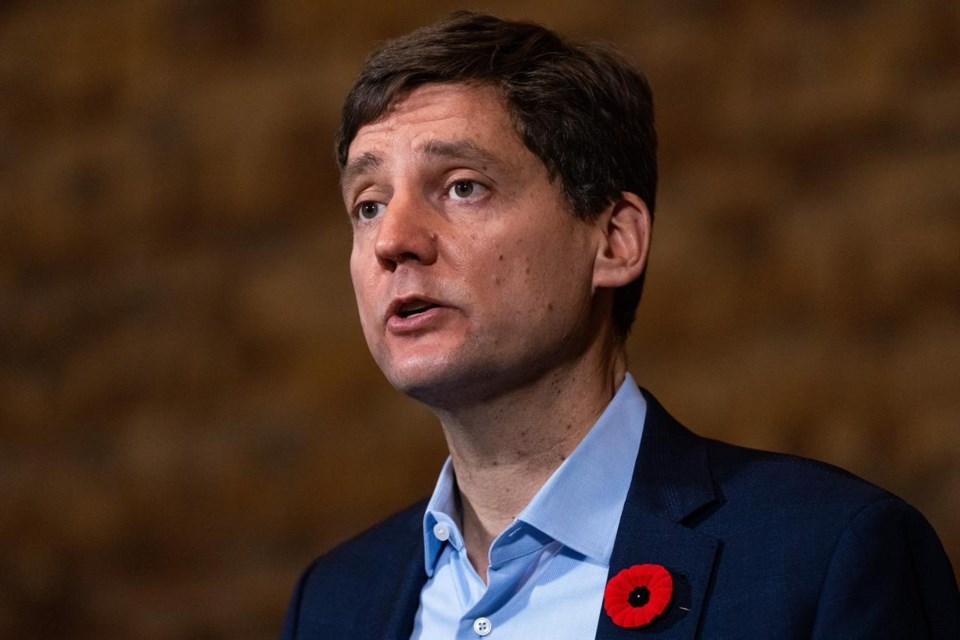VANCOUVER â British Columbia must do things differently to break the cycle where Indigenous people comprise five per cent of the population but about 30 per cent of those incarcerated, Premier David Eby and First Nations leaders said Thursday.
"So much of this work is at its most acute in our justice system," Eby said at a news conference announcing the establishment of five new Indigenous justice centres over the past year.
The centres are part of the government's work with the First Nations Justice Council to build safer communities and help change lives, he said at the new Vancouver facility.
sa¹úŒÊŽ«Ãœ now has nine such centres, with the latest facilities opening in Vancouver, Victoria, Nanaimo, Surrey and Kelowna.
They were already in operation in Chilliwack, Prince Rupert, Prince George and Merritt, while a virtual justice centre also serves the province.
"Five per cent of people in our province are Indigenous," Eby said. "Thirty per cent of people in our criminal justice system are Indigenous. To break this cycle, to change lives, to make communities safer, to get people back on track, we have to do things differently."
A joint government and First Nations Justice Council statement said the aim of the centres is to help Indigenous people address the root causes of their involvement with the justice system and offer supports to prevent future interactions with police and the courts.
The statement said the government recognizes justice issues involving Indigenous people do not exist in isolation, which is where the centres can help by providing connections to cultural support and services, including housing, mental health and addictions treatment and employment.
"It is only through these types of processes, these types of initiatives, these types of outside-the-box thoughts and ideas and goals that we can work together to change the system," said Kory Wilson, First Nations Justice Council chair. "No one can do it alone."
The new centres will offer services to Indigenous people facing criminal or child protection legal matters, with each facility's services and focus based on local needs, said the joint statement.
Elder Carleen Thomas said she understands the need for the justice centres to help Indigenous people navigate a system that does not reflect their legal traditions and protocols.
"The system needs to change for our people so that there's no need for places like this," she said. "And for places like this, they need to be integrated into the systems that are out there. They are not just for us. It benefits everyone."
This report by The Canadian Press was first published Jan. 11, 2024.
The Canadian Press



